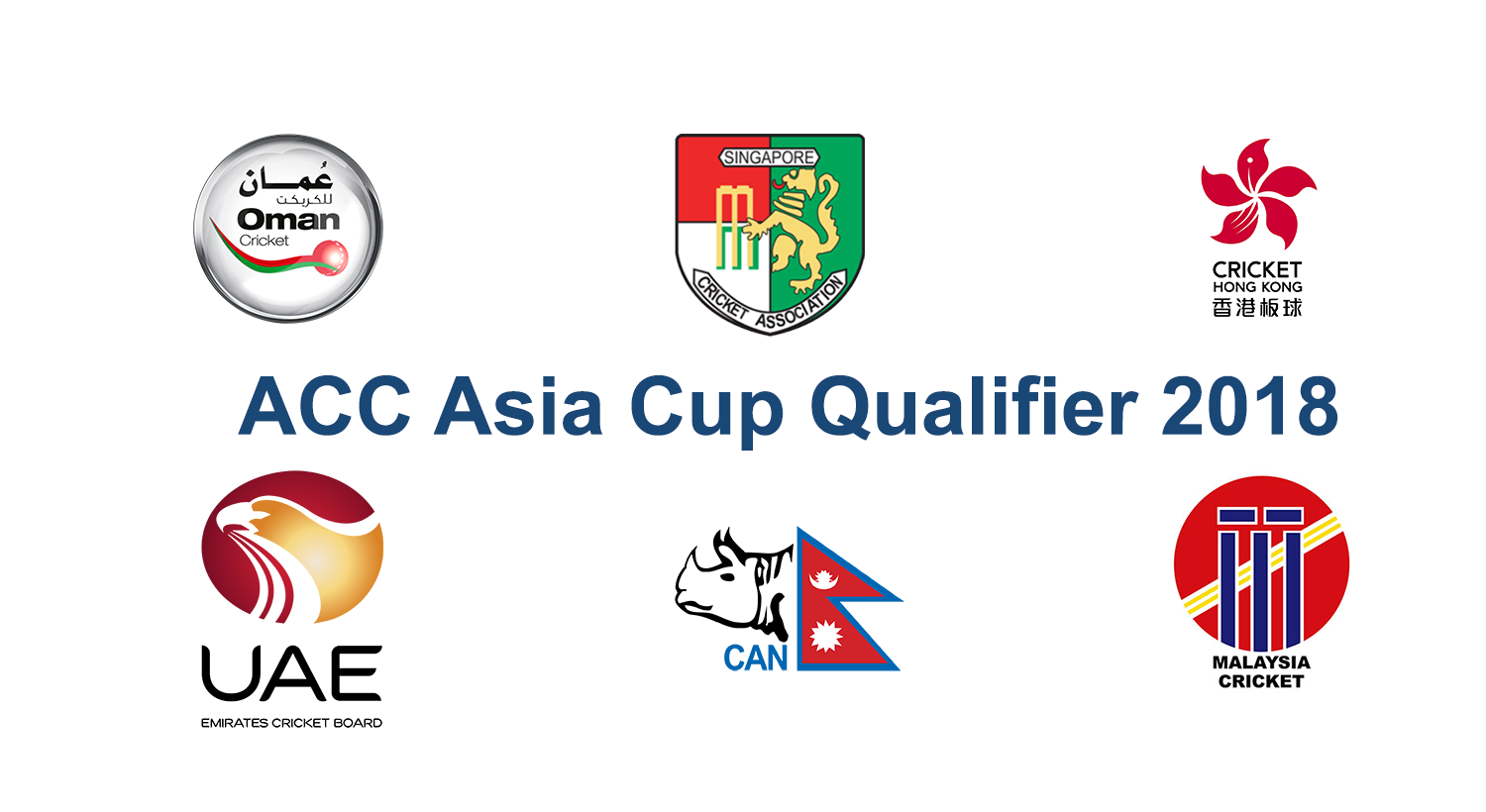Extradition Laws for Indian Nationals in the United Arab Emirates, are governed by the UAE’s federal law.
UAE Signatory
The UAE is a signatory of the Riyadh Arab Convention on Judicial Cooperation. It has bilateral treaties for judicial cooperation with several countries, including India. Including countries like Oman,Libya, Qatar, Saudi Arabia, Bahrain, Iraq, Algeria, Jordan, Kuwait, Tunisia, and Morocco, Lebanon.
Search UAE National Lawyers and Legal Consultants by the Top Established Law Firms
Bilateral Treaties
Additionally, the UAE has bilateral treaties for judicial cooperation with various nations such as the United Kingdom, France, India, Pakistan, Iran, Australia, China, Egypt, and Kazakhstan. India signs extradition with 43 countries.
The United Arab Emirates (UAE) and India have established extradition treaties with multiple countries to facilitate cooperation in criminal matters. Like, India has signed with 43 foreign countries. These treaties cover nations such as the UAE, Antigua and Barbuda, Croatia, Fiji, Italy, and few more.
Mutual Judicial Cooperation
In the UAE, federal law is also known as ‘Mutual Judicial Cooperation in Criminal Matters. It comprises the extradition law.In 2012, the UAE ratified an extradition treaty with India.
- According to the extradition treaty between the UAE and India, both countries have agreed to extradite fugitives. This is applied to those who have committed offenses in the requesting country where the offense took place.
- This bilateral treaty strengthens the commitment of both jurisdictions. It is a refusal to shelter the criminals and to fully cooperate in terms of extradition requests.
Process
The process varies depending on whether there is an extradition treaty between India and the country making the request. If the UAE authorities request the extradition of an individual from India, the following steps are generally followed:
- The extradition process between India and the UAE, or any country with an extradition treaty with India, involves several steps. When request is made by the UAE to India, the process typically follows many steps.
- Endorsement of Warrant is important. The central government of India endorses the warrant, allowing for the arrest of the fugitive.
- The arrested fugitive is presented before a magistrate court in India. The magistrate confirms the arrest and notifies the central government.
- This agreement allows for the transportation of sentenced prisoners to their home country for imprisonment. There are certain exceptions for heinous crimes. Such crimes may include murder, drug abuse, and financial fraud.
- Notably, in 2020, India implemented changes in the extent of judicial cooperation with the UAE. This allowed the country for the direct execution final judgments issued by UAE civil courts in civil or financial matters.
- These treaties provide a legal framework and procedures for extradition. The specific steps and measures may differ when dealing with countries without an extradition treaty.
- In 2020, there were changes in the extent of judicial cooperation between India and the UAE. This leads to India accepting the direct execution of final judgments. It is issued by UAE civil courts in civil or financial matters.
- These extradition laws and procedures aim to facilitate cooperation between India and the UAE in combating crime. Moreover, it also ensures that fugitives are brought to justice.
- These extradition laws and procedures aim to foster cooperation between India and the UAE in combating crime.





